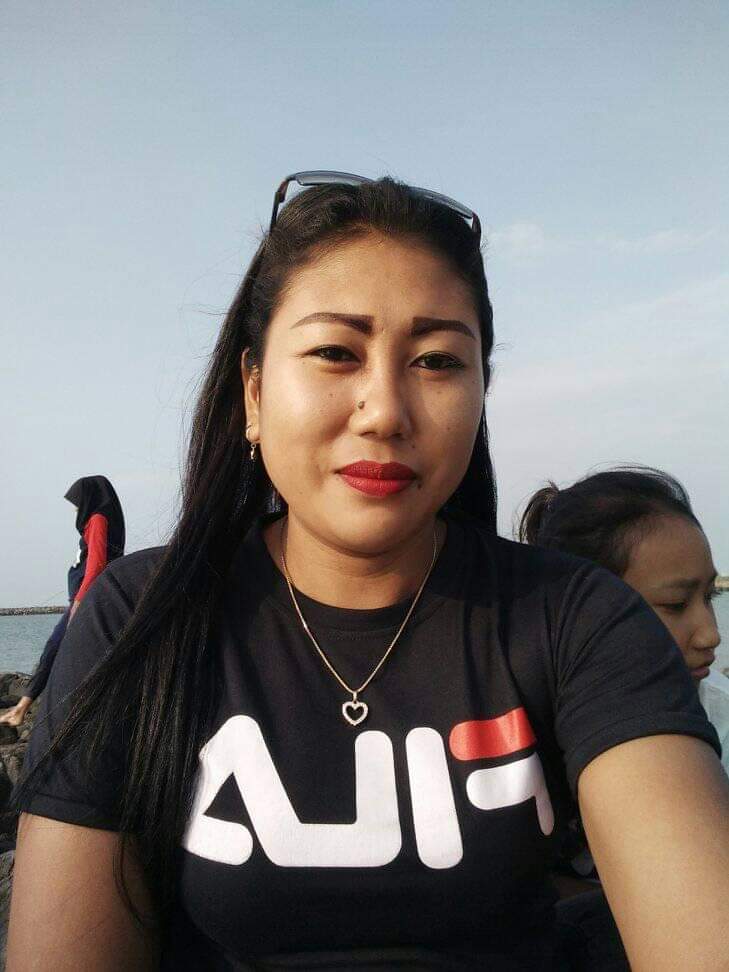Stw Sange
Is the digital realm truly a boundless frontier, or is it a labyrinth of hidden corners and unspoken rules? The internet, once envisioned as a democratizing force, is increasingly a space where censorship and manipulation thrive, where algorithms dictate what we see, and where the shadows of the unseen hold sway.
The echoes of this reality resonate in the fragmented and often cryptic nature of online spaces. Attempts to access information, to understand the narratives shaping our world, are frequently met with barriers. Descriptions are blocked, access is denied, and the very tools we use to navigate the digital world are used to obscure, to control, and to deceive. This is a world where the promise of openness clashes with the reality of control, where the pursuit of knowledge is constantly challenged by the forces of restriction.
Consider the repeated instances of content unavailable, the digital dead ends that punctuate our online journeys. These are not mere technical glitches; they are carefully constructed limitations, walls built to keep certain ideas, certain communities, and certain experiences out of view. These restrictions are a reflection of the power dynamics at play online, a testament to the constant struggle for control over information and access. The whispers of 'stw', 'tante', and 'sange' code words and phrases that hint at hidden worlds echo through these blocked entries, hinting at the existence of communities and conversations deemed too sensitive, too controversial, or simply too undesirable to be seen.
The use of platforms like Kwai, with its association with "stw+tante+sange," raises complex questions about content moderation, cultural context, and the boundaries of acceptable expression. The presence of such content, even if fleeting or hidden, challenges the notion of a sanitized and controlled online environment. It forces us to confront the messy realities of human desires, cultural taboos, and the constant tension between freedom of expression and the need for social responsibility. It highlights how the global online landscape has become a battleground for different cultural values and where the rules of engagement are often fluid and open to interpretation.
The repeated references to "bokep stw" and related terms reveal the hidden depths of this digital landscape. They are not just a reflection of adult entertainment; they are also indicators of a parallel economy, a hidden network of users, creators, and distributors. The phrase "gudang bokep indonesia" points to a thriving subculture. The constant efforts to circumvent censorship, the use of VPNs, and the reliance on platforms like Twitter and various file-sharing sites, all reveal the cat-and-mouse game that plays out between those seeking to share and consume such content and those seeking to control it.
Examining the profiles like @pejuanglendir00, @stw_sange, and @ibupencinta further deepens our understanding. They serve as windows into the diverse range of individuals. The very existence of such profiles, the communities they foster, and the content they share are all a direct challenge to the prevailing narratives about online behavior and social norms. They reveal a world of digital communities, and how they communicate, network and operate. It presents a complex situation where content of this nature could be consumed without appropriate guidance and safety measures. These profiles are a reminder of how the digital world can be a powerful tool for individuals seeking community, connection, and self-expression.
The constant references to "bokep" and related terms, coupled with phrases like "perselingkuhan ngentot," paint a disturbing picture of the exploitation. The repeated association with the concept of exploitation and the use of phrases that emphasize the sexual aspect of these online interactions reveals how users are influenced by the content.
The recurring theme of censorship, the constant blocking of descriptions, and the use of code words all serve to underscore the complex challenges associated with content moderation and the protection of online users. The online world is far from a straightforward space. It demands critical thought and a responsible approach to the information we encounter. It asks us to be vigilant, to question the sources, and to acknowledge the constant struggle between freedom of expression and the need for a safer digital environment.
The desire for connection, the pursuit of forbidden experiences, and the constant push and pull between control and freedom define the very essence of the digital world. It demands a critical and responsible approach to navigating these complex spaces, recognizing that the shadows are always present, and the echoes of the unseen will continue to shape our online experiences.
| Category | Details |
|---|---|
| Associated Terms | "stw," "tante," "sange," "bokep," "ngentot," "viral," "gudang bokep indonesia," "koleksi vidio bokep lokal twitter," "download bokeb selebgram," "perselingkuhan ngentot," "vpn bokep smp," "hijablink," "kumpulan film toge lonte blackpink," "online hijab barat," "itubokep tudung terlengkap," "mahasiswa mesum," "Tante girang nafsu ngentot dengan brondong," "Janda, bukan berarti aku tidak bisa menemukan cinta lagi." |
| Platforms Mentioned | Kwai, Twitter, various file-sharing sites |
| Digital Communities | @pejuanglendir00, @stw_sange, @ibupencinta |
| Themes | Censorship, adult content, hidden communities, exploitation, cultural taboos, digital economies, freedom of expression vs. social responsibility. |
| Contextual Notes | The recurring mention of "bokep" and related terms points to the existence of a subculture and a parallel digital economy. The use of VPNs and file-sharing sites indicate attempts to circumvent censorship. The phrases "perselingkuhan ngentot" and similar expressions point to the potential for exploitative and harmful content. |
| Legal and Ethical Considerations | Issues of content moderation, freedom of speech, privacy, and the potential for exploitation and harm are crucial. The lack of a detailed assessment suggests this topic could potentially involve illegal activities depending on local regulations. |
| Content Restrictions | "We would like to show you a description here but the site won\u2019t allow us." This sentence appears multiple times, hinting at censorship or content restrictions that are deliberately applied, indicating the complexity of digital content moderation and the constant tension between the sharing of information and content removal |
| Reference | Example of Online Safety and Best Practices |
The recurring pattern of blocked descriptions and restricted access suggests a conscious effort to control the flow of information and shape online experiences. These are not accidental occurrences; they are deliberate acts, reflecting a deeper struggle for control over the digital realm. The very nature of the internet, built on principles of openness and free exchange, is constantly challenged by the reality of censorship, surveillance, and the manipulation of information.
The emergence of communities and digital spaces dedicated to discussing and sharing content related to "stw," "tante," and "sange" is a symptom of a larger issue. These platforms and communities, often operating in the shadows, pose a challenge to social norms. The repeated association with phrases denoting illegal and objectionable activities necessitates awareness of potential risk factors. The challenges of defining acceptable online content, balancing free expression with the need for user protection, and managing the impact of various online interactions are all ongoing debates.
The constant references to "bokep" and related terms, coupled with the mention of exploitative behavior, call for increased vigilance regarding online safety and the need for user protection. These expressions point to the potential for abuse, exploitation, and the spread of harmful content. It serves as a reminder of the importance of responsible online practices, the need for better content moderation, and the development of tools and strategies to safeguard users from potentially dangerous and harmful content.
The presence of digital communities with specific interests and content preferences demonstrates how online spaces can be a mirror of society, reflecting both its desires and its darkest aspects. It highlights the power of digital spaces to connect people, share information, and create communities around shared interests, even if those interests are deemed inappropriate or controversial by the broader society.
The repeated mention of "We would like to show you a description here but the site won\u2019t allow us" highlights the complex dynamics of information access and control. It is a reminder of how easy it is for individuals and organizations to limit what others can see. These restrictions highlight the ongoing battle between openness and control, and they challenge the core ideals of the internet as a space for free exchange.
In conclusion, navigating the complexities of the digital landscape requires constant critical engagement and responsible citizenship. From the censorship imposed by online platforms to the hidden subcultures and communities that have sprung up, it is a space where the boundaries between reality and virtuality blur. It also necessitates a commitment to ongoing conversations about online safety, responsible content consumption, and the vital balance between protecting freedom of expression and protecting the well-being of users.



